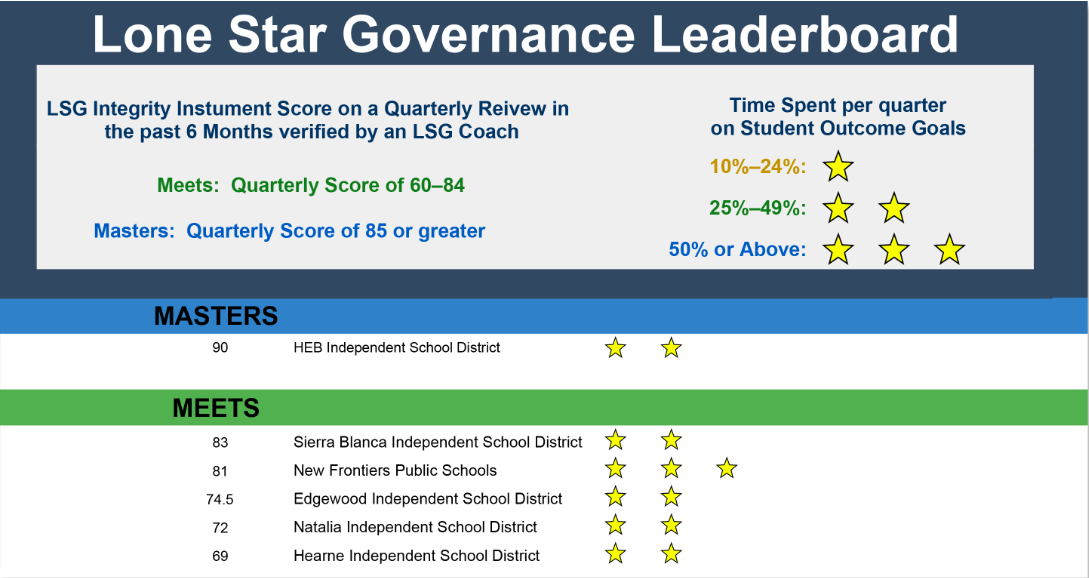The primary purpose of schools is to ensure students can read and do math at grade level so that they graduate prepared for the next step. Sadly, however, school systems and school board leaders rarely talk about if their students are reading or doing math at grade level.
Instead of talking about critical student outcomes, school board meeting agendas are filled with the following topics:
- Superintendent report
- Budget, accounting, and taxes
- Personal/legal issues/executive session
- Contracts
- Facilities/capital budget
- Sports and achievements
- Adopting textbooks & curriculum
- Grab bag: latest crisis, cafeteria, lawn care, schedule, band uniforms, one-off program reports
While some of these items are important, they are only tangentially related to whether students are reading or doing math at grade level.
Now, a school board member might argue that facilities matter. Well sure! But the fact is whether facilities are terrific or deplorable, children should still learn to read. And while a beautiful football stadium can be great for community pride, participation, and even school attendance, in the long run, that same community is gravely harmed if their football players are not learning math or science.
One reason school systems focus on “facilities” instead of student results is that student results are generally not very good; in your school system, 60 percent or more of your students are likely reading below grade level.
Research says for school boards to improve results, they must adopt student outcome goals and monitor progress. As a start, Tenet Leadership encourages school board members to look at their agendas carefully. Is your school board talking about how many of your students can read and do math at grade level? If not, that is where your next board conversation should start.






Leave A Comment